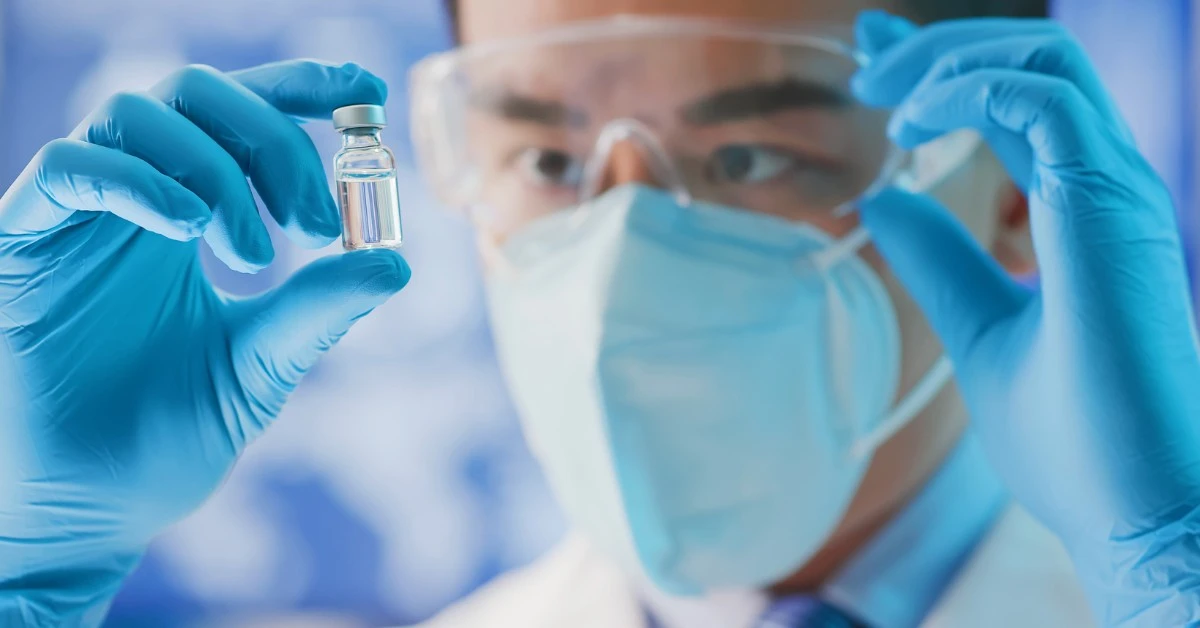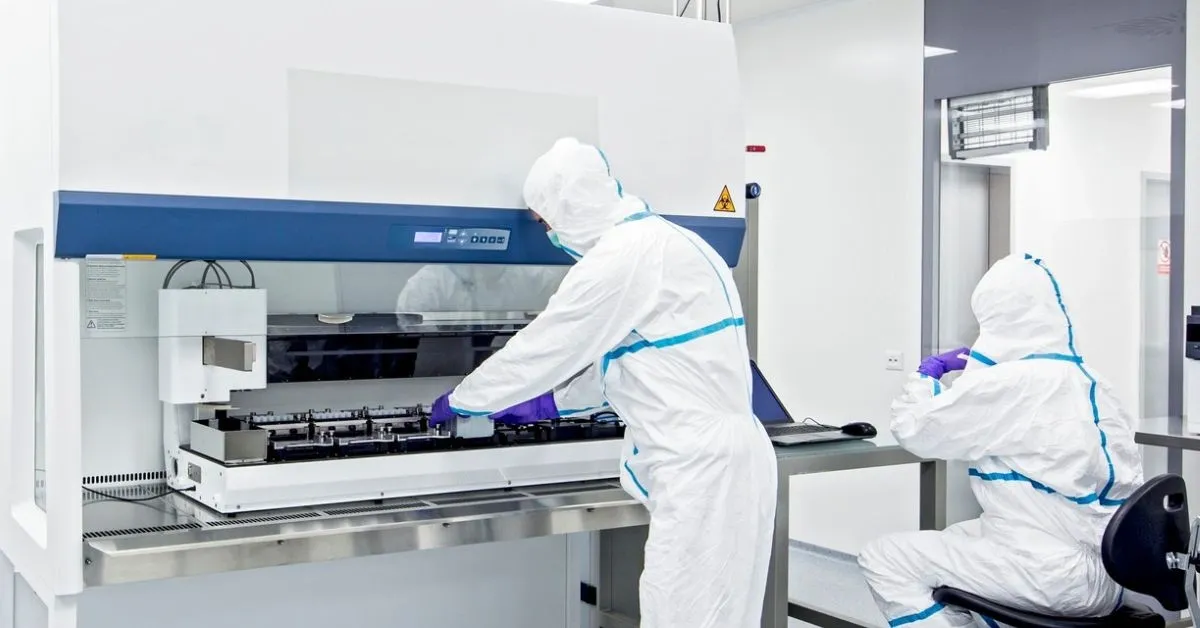The growing demand for innovative cell and gene therapies (CGTs) is transforming healthcare, offering groundbreaking treatments for previously untreatable diseases. However, as this field matures, significant challenges related to manufacturing scalability, safety, sustainability, and cost must be addressed. Traditional production systems, such as mammalian cells or microbial platforms, present limitations—particularly when it comes to safety concerns, cost efficiency, and the ability to scale rapidly.
Enter plant-based recombinant protein production, a cutting-edge alternative that not only meets these challenges but also offers additional benefits, including improved patient access to therapies by reducing production costs. This approach holds the potential to revolutionize CGT manufacturing, making advanced therapies more accessible to patients worldwide while adhering to sustainability goals.
Addressing Patient Access: The Cost Challenge in Cell and Gene Therapy
One of the most pressing issues in CGT is patient access. While these therapies represent a paradigm shift in medicine, they are notoriously expensive, often with price tags reaching hundreds of thousands to millions of dollars per treatment. These high costs stem largely from the complexity and expense of manufacturing the critical components of CGTs, such as recombinant proteins, viral vectors, and growth factors.
Traditional manufacturing systems rely heavily on mammalian cell cultures or microbial fermentation, which are resource-intensive and costly to scale. The infrastructure requirements, extensive purification processes, and sterile environments needed for these systems drive up production costs. As a result, the high cost of manufacturing is directly passed on to patients, creating a significant barrier to access.
Plant-based recombinant protein production offers a promising solution. By reducing production costs while maintaining high-quality output, this innovative approach could help make CGTs more affordable and accessible to patients globally.
Improved Safety Profile With Plant-Based Systems
One of the primary advantages of plant-based systems in CGT manufacturing is their enhanced safety profile. Traditional methods that utilize mammalian cells or microbial systems come with inherent risks of contamination from animal-derived pathogens, adventitious agents, or endotoxins. Mitigating these risks requires rigorous and costly purification processes to ensure patient safety.
Plants, however, are free from human and animal pathogens, significantly reducing the risk of contamination. This naturally safer starting material means plant-based systems can bypass many of the laborious and expensive purification steps required for other production platforms. Furthermore, plants eliminate the risk of introducing adventitious agents such as prions or viruses, making them an ideal choice for producing therapeutic proteins where patient safety is paramount.
Scalability: Unlocking High Yields With Plants
Scaling up manufacturing processes to meet the growing demand for CGTs is another critical challenge. Traditional systems, particularly mammalian cell cultures, are expensive and complex to scale. They require costly bioreactors, sterile environments, and skilled personnel to manage production.
In contrast, plant-based manufacturing offers a transformative solution to scalability. Plants can produce large quantities of recombinant proteins through processes like transient expression, where entire fields of crops act as biofactories. This agricultural-based scalability provides unmatched flexibility compared to traditional biomanufacturing systems.
Moreover, plants grow in natural, readily available environments, eliminating the need for high-tech infrastructure. This ease of scaling reduces both production timelines and costs, enabling more rapid and cost-effective manufacturing of CGT components.
Sustainability: A Greener Approach to Biomanufacturing
Environmental sustainability is a growing concern in the biopharmaceutical industry. Traditional biomanufacturing methods, particularly those using mammalian cells, consume significant resources, including water, energy, and raw materials. They also generate large amounts of biological waste that require careful disposal.
Plant-based systems offer a greener alternative. Plants require minimal water and energy compared to mammalian cell cultures and can be grown in open fields or greenhouses using sunlight as the primary energy source. During their growth, plants capture carbon dioxide, contributing to carbon sequestration and offsetting some of the industry’s overall carbon footprint.
Additionally, the production of recombinant proteins in plants generates far less biological waste and avoids the need for resource-heavy bioreactor infrastructure. These environmental advantages align with the biopharmaceutical industry’s increasing focus on sustainability, making plant-based systems a future-forward solution for CGT manufacturing.
Bridging the Gap Between Cost and Patient Access
One of the most exciting prospects of plant-based recombinant protein production is its potential to address the cost barriers that limit patient access to CGTs. By significantly reducing manufacturing expenses, plant-based systems can help lower the overall cost of therapies.
For patients, this could mean broader access to life-saving treatments, particularly in low- and middle-income countries where cost is a major obstacle. Moreover, for healthcare systems already burdened by the high costs of CGTs, plant-based production methods offer a pathway to more equitable access to these groundbreaking therapies.
A Future-Forward Solution for CGT Manufacturing
As the cell and gene therapy field continues to evolve, the need for innovation in manufacturing becomes increasingly urgent. Plant-based recombinant protein production represents a transformative approach that addresses critical challenges in safety, scalability, sustainability, and cost.
By harnessing the natural efficiencies of plants, companies developing CGTs can lower production costs, improve timelines, and deliver therapies that are not only safer for patients but also more accessible and environmentally friendly.
Looking ahead, the adoption of plant-based systems could be a turning point for the CGT industry. By reducing costs and improving sustainability, this approach has the potential to make advanced therapies available to more patients, fulfilling the promise of personalized medicine while aligning with global goals for equity and environmental stewardship.
Plant-based recombinant protein production is more than a manufacturing innovation—it’s a solution that empowers the future of cell and gene therapy, ensuring these life-saving treatments reach all who need them. We are proud to be a leader in this initiative. Contact us today to learn more about optimizing your stem cell culture with our plant-based and cost-effective thermostable recombinant protein, FGF-2 TOP, or visit our product page.



